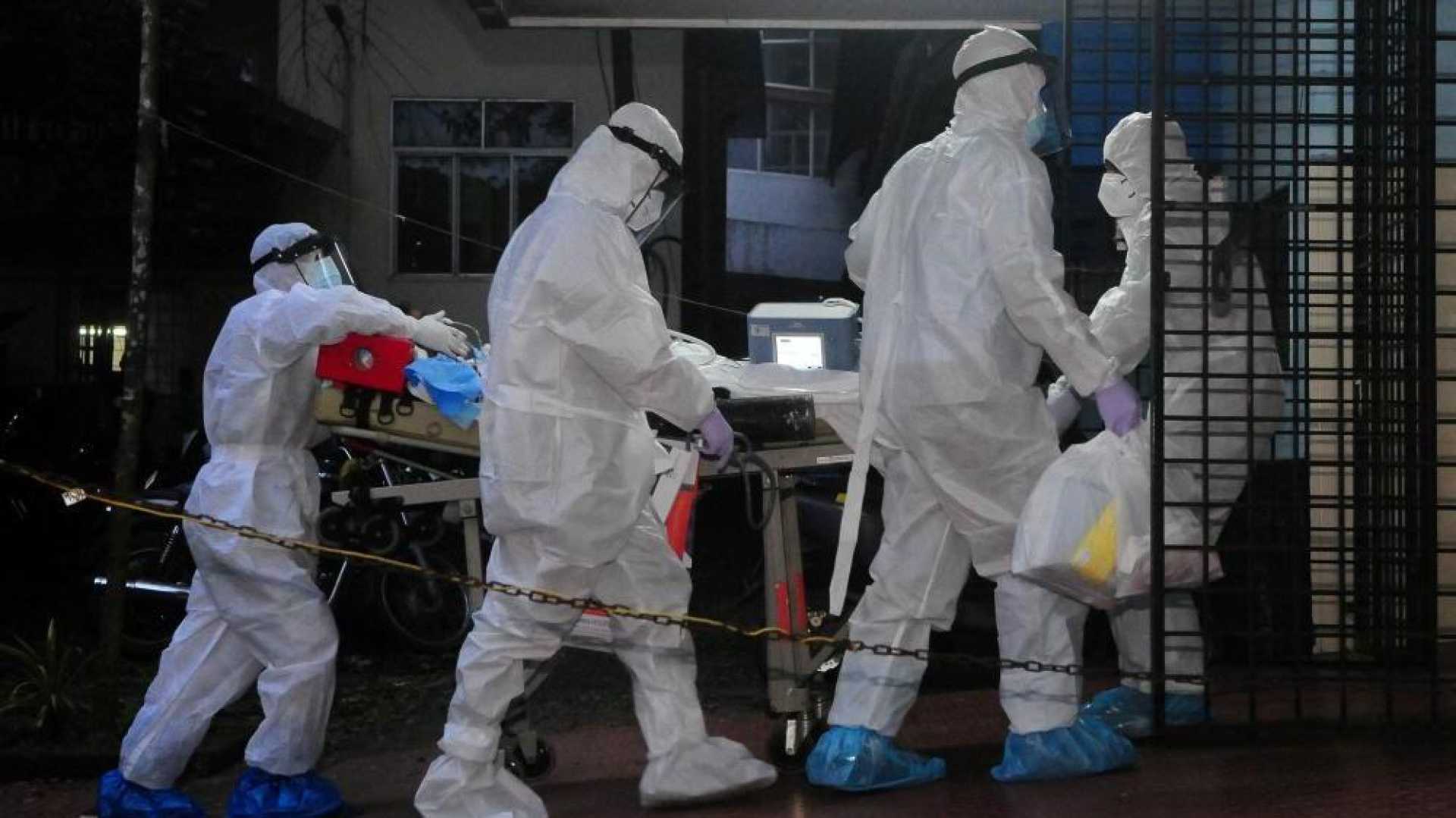News
Tragic Nipah Virus Death in Kerala Raises Health Alarm

A 24-year-old student has died from the Nipah virus in the southern Indian state of Kerala, according to local health authorities. This marks the second fatality from the virus in the region since July. The World Health Organization (WHO) has classified Nipah as a priority pathogen, underscoring its potential to provoke an epidemic. Currently, there are no vaccines or specific treatments available to combat the virus.
Nipah virus, primarily transmitted from fruit bats or animals like pigs, causes severe symptoms in humans, including a high-grade fever that can lead to swelling of the brain. The latest victim began showing symptoms on September 4 and succumbed to the disease five days later, as confirmed by R. Renuka, a district medical officer in Malappuram, northern Kerala. Tests conducted at the National Institute of Virology in Pune affirmed the presence of Nipah virus in the student’s blood sample.
Kerala Health Minister Veena George reported that 151 individuals who were in close contact with the deceased are currently under observation. These precautionary measures aim to halt the spread of this highly contagious and deadly virus. Among these contacts, five individuals have shown symptoms and are currently undergoing testing.
The Nipah virus was first identified in Malaysia in 1999, with subsequent cases reported in Bangladesh and India, where the first confirmed case was recorded in Siliguri, West Bengal, in 2001. Kerala has experienced several outbreaks of this virus, notably in Kozhikode during 2018, 2021, and 2023, and in Ernakulam in 2019.
The virus poses a significant threat due to its high fatality rate, reaching up to 75% in some outbreaks. Transmission typically occurs through direct contact with infected animals or humans, with fruit bats being identified as natural hosts. The Kerala health department emphasizes that the virus can spread through bodily fluids such as blood, urine, saliva, and contaminated food. Symptoms include headache, fever, vomiting, sore throat, dizziness, drowsiness, altered consciousness, and acute encephalitis. It can take up to 14 days for symptoms to appear following infection.
Preventive measures to mitigate the spread of Nipah include avoiding physical contact with infected individuals and ensuring regular hand washing after caring for the sick. Early diagnosis can be challenging due to the nonspecific nature of initial symptoms. Diagnostic methods include RT-PCR during early infection and ELISA during later stages.












